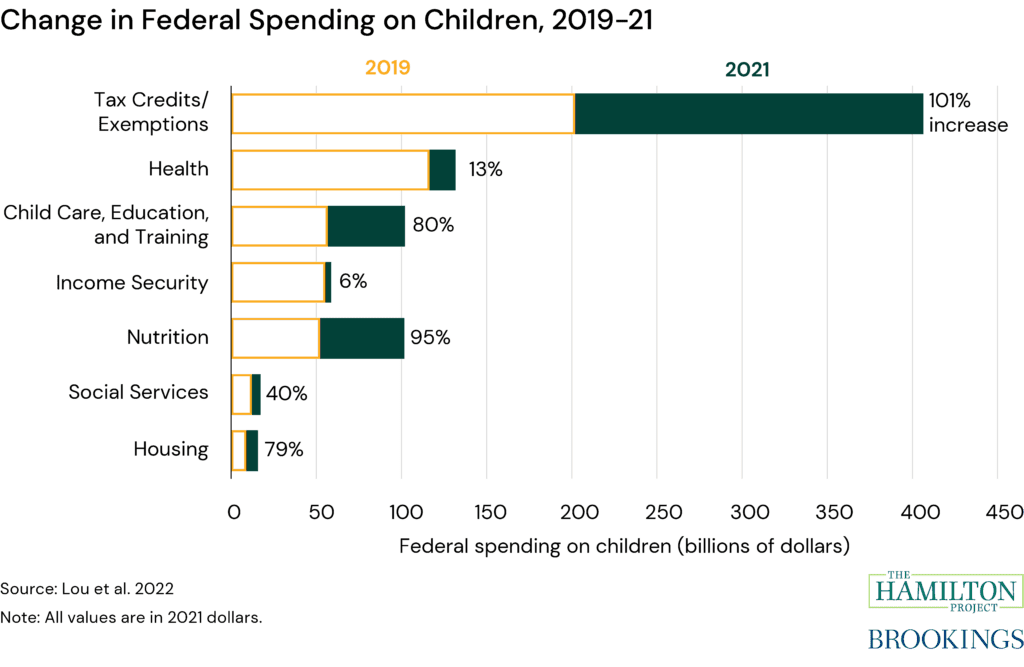Child food insecurity and child poverty in the US are solvable problems. Yet, gaps in child nutrition program coverage and implementation continue to pose challenges for solving childhood hunger. This essay makes the case that in-kind nutrition benefits—both in the form of prepared meals and grocery vouchers—support a healthy and hunger-free childhood. The authors argue that federal coordination with and support for states on access and delivery is critical to ensuring that nutrition assistance reaches the children these programs are intended to serve. To illustrate the challenges with solving child hunger, the authors discuss the lessons learned from Pandemic EBT that could inform the implementation of another new program that has the potential to close the consequential summer gap in the child nutrition program patchwork: Summer EBT.

Introduction
Sufficient nutrition in childhood sets the stage for a healthy life. This essay makes the case that in-kind nutrition benefits support a healthy and hunger-free childhood, and that those benefits complement policies that provide cash transfers to families with children. The federal government invests billions of dollars each year to support child nutrition through prepared meals, vouchers for groceries, and via commodities like milk. Yet, gaps in child nutrition program coverage and implementation continue to pose challenges for eliminating childhood hunger. Too many eligible children do not receive their nutrition assistance benefits.
We argue that federal coordination with and support for states on access and delivery is critical to ensuring that nutrition assistance reaches the children these programs are intended to serve. We acknowledge that it is difficult to administer these programs, and we highlight that many of these difficulties result in programmatic features that create barriers to participation.
An illustrative example of these challenges was seen in the implementation of the Pandemic Electronic Benefit Transfer program (Pandemic EBT), a new program that was implemented during the COVID-19 pandemic that used electronic grocery vouchers to compensate families for the loss of school meals. We discuss the lessons learned from Pandemic EBT that could inform the implementation of another new program that has the potential to close the consequential summer gap in the child nutrition program patchwork: Summer EBT.


